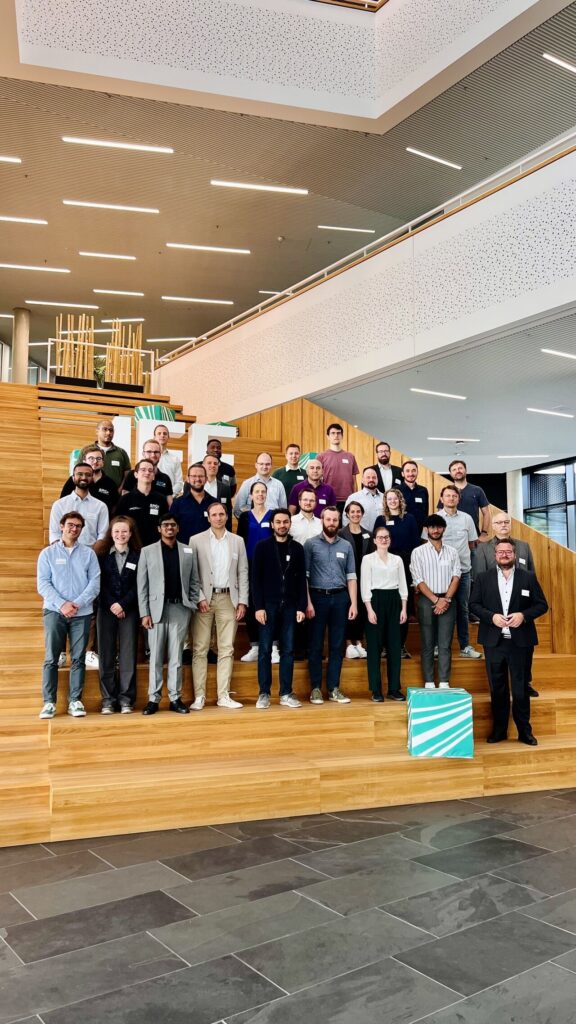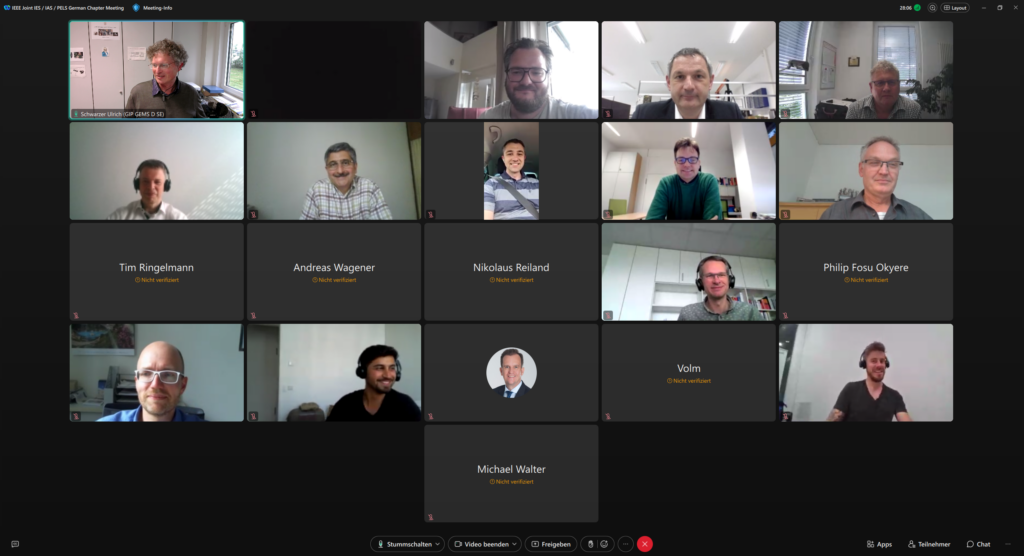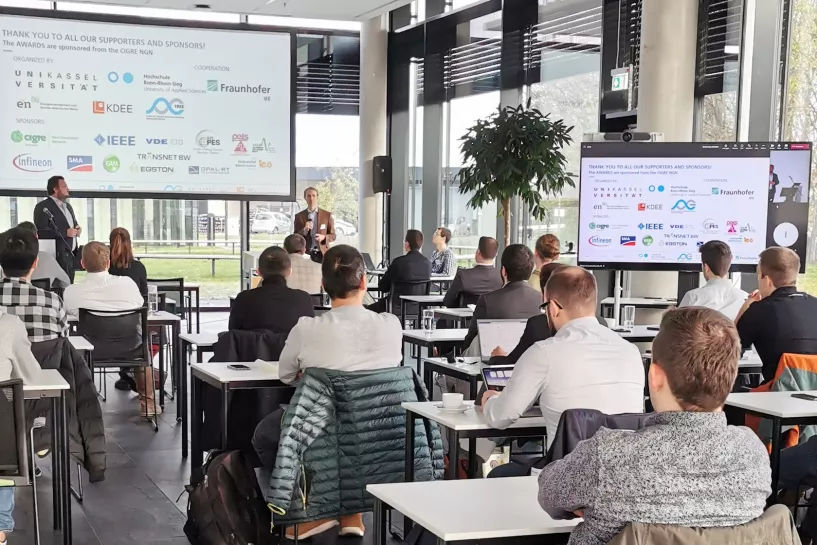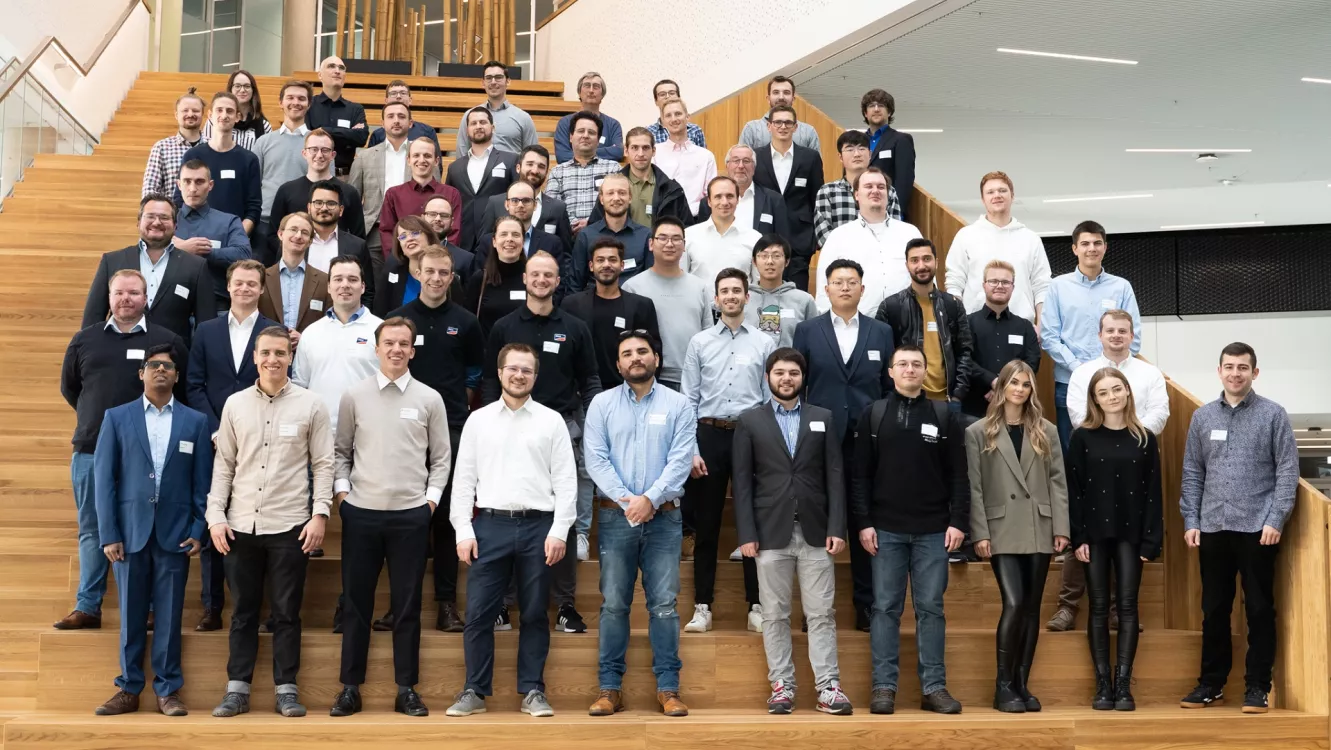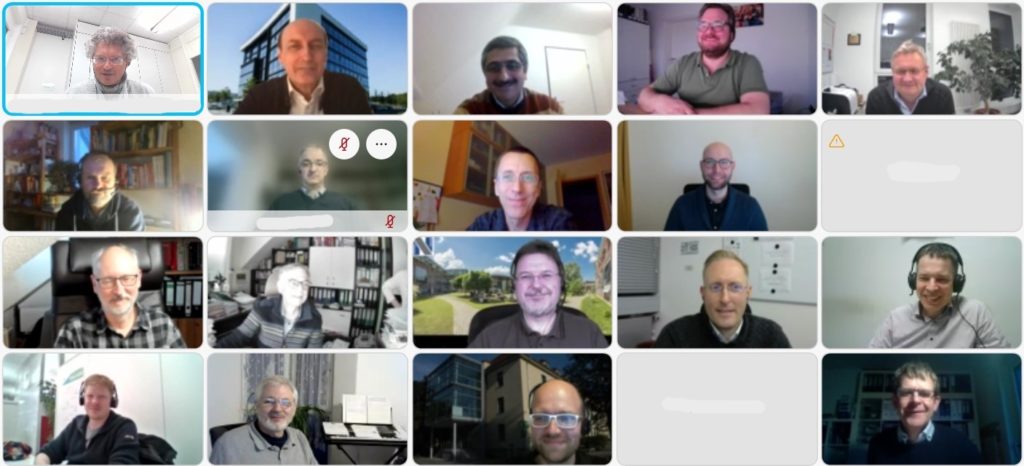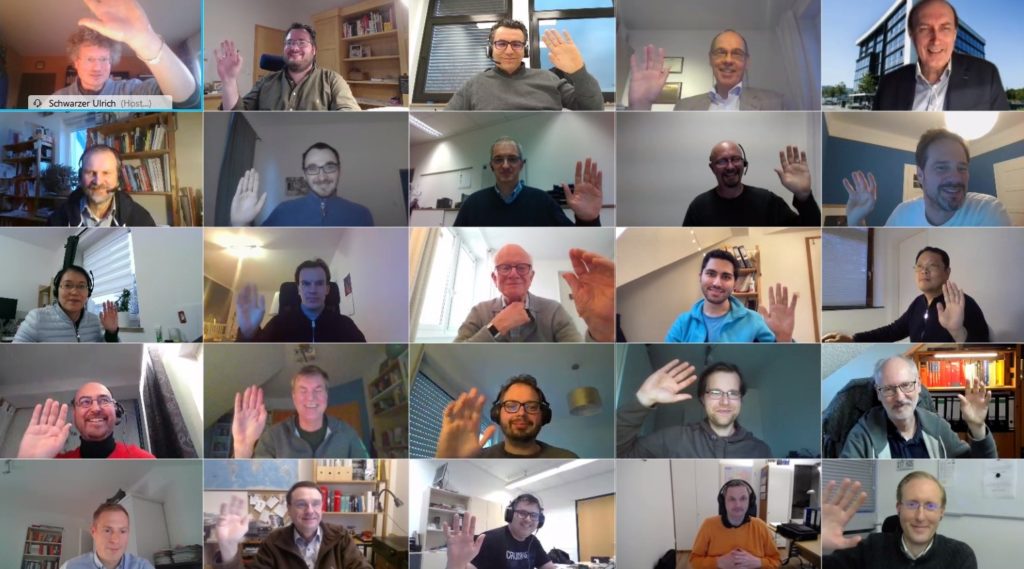Chapter Board Wahlen zur Wahlperiode 2025/26
zum Ende des Jahres 2024 endet die Amtszeit unseres derzeitigen Chapter-Vorstandes. Für die darauffolgende Legislaturperiode in den Jahren 2025 und 2026 suchen wir wieder vier Kolleginnen und Kollegen, die die Geschicke unseres erfolgreichen Chapters leiten.
Konkret sind folgende Ämter / Positionen („Officer”) im Vorstand zu besetzen:
– Chairman / Chairwoman (Vorsitz)
– Vice Chairman / Vice Chairwoman (stv. Vorsitz)
– Secretary (Schriftführer/In)
– Treasurer (Schatzmeister/In)
Es ist auch eine „Slate of candidates for the office”, d.h. eine Liste von Kandidaten/Kandidatinnen, möglich. Diese Kandidaten/Kandidatinnen kandidieren als Team zusammen, für ein Amt und führen es dann auch gemeinsam.
Wenn Sie Fragen zu den Funktionen der Ämter und zum Zeitaufwand haben, können Sie sich gerne an uns wenden.
Für die Kandidatur selbst ist ein kurzer Lebenslauf hilfreich, der idealerweise ein Statement enthält, welche Schwerpunkte Sie in der Legislaturperiode setzen möchten. Diese Unterlagen können Sie gerne vorab bis zum 11. November 2024 per E-Mail an GermanChapter@isea.rwth-aachen.de senden. Die Wahl selbst wird im Zeitraum Ende November 2024 per IEEE „vTools” stattfinden.
Während der laufenden Wahl können weitere Kandidatinnen / Kandidaten durch eine Petition nachnominiert werden. Allerdings ist hierzu die Zustimmung (Unterschrift) von 25 Mitgliedern notwendig.


